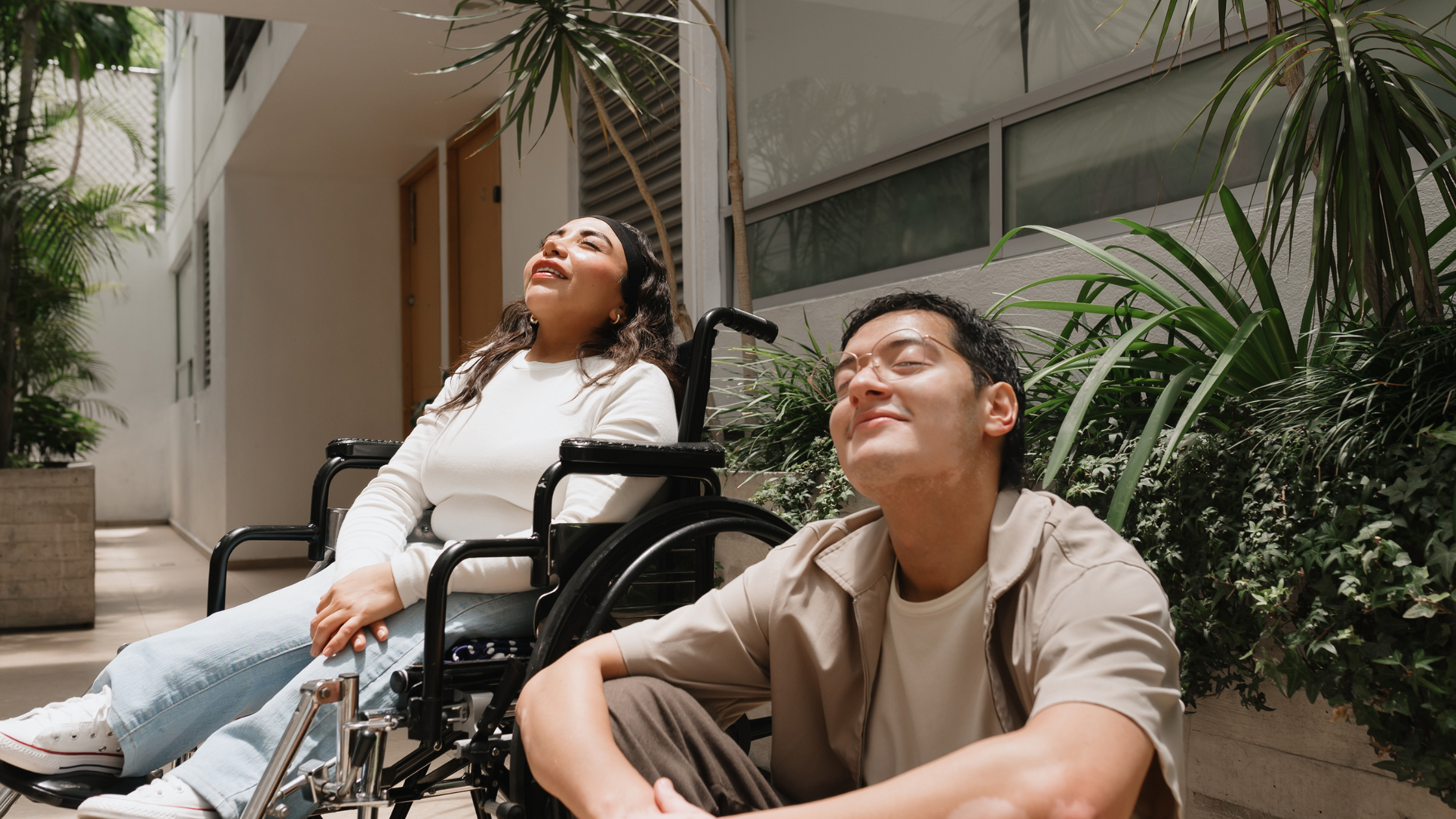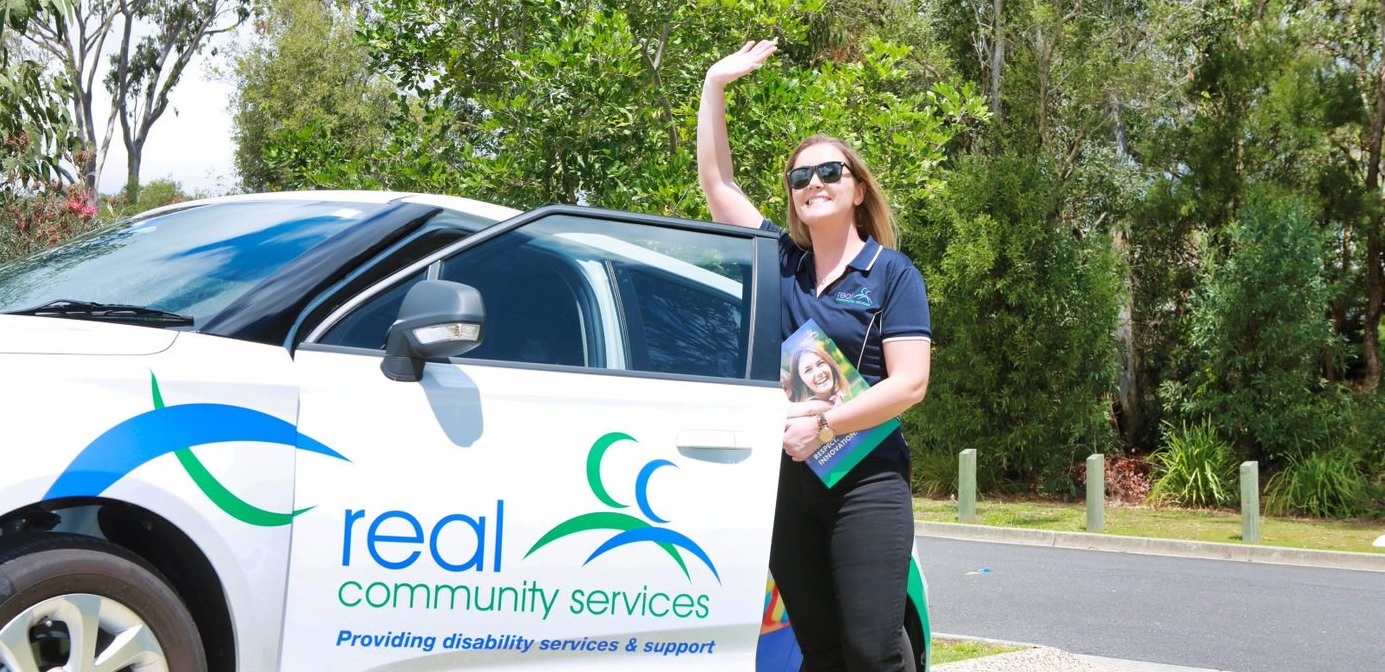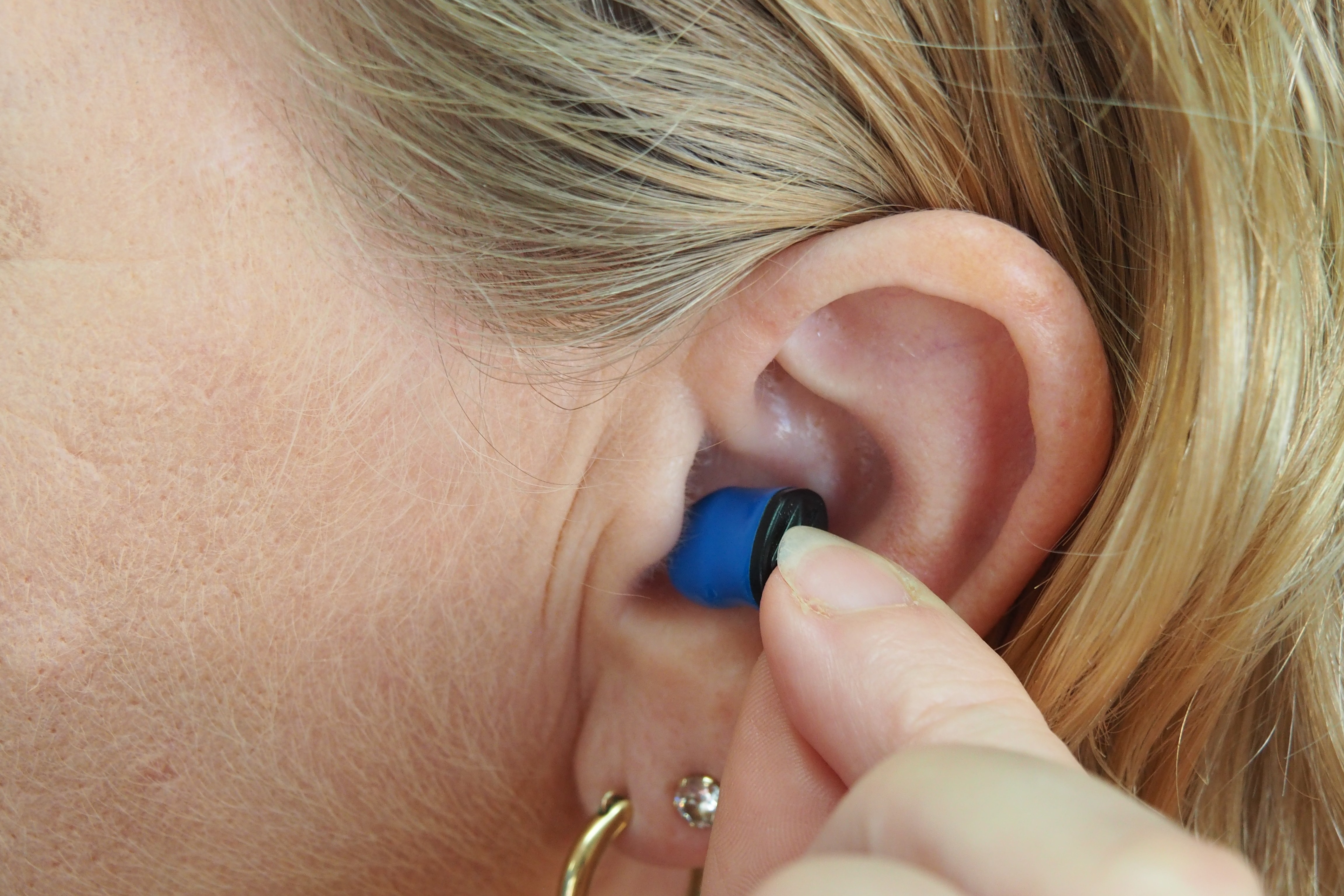Looking After Your Mental Health in 2021
Given what 2020 and 2021 has thrown us so far … mental health? Is the number one concern for people working in health care and essential services. COVID-19 has put pressure on mental health like we have never seen before.
All of the usual activities we would be participating in week by week, such as exercising, going to work or school, going on holidays, out for dinner and playing sport, have all now been changed.
For many people, the loss of work and income has created a huge amount of pressure in their lives and under these circumstances, feelings such as anxiousness, confusion, sadness, anger and even boredom can take their toll. It’s now, more than ever that we need to look after our mental state, and there are some things you can do to help ease the pressure inside your mind, body and soul:
We’ve all heard the saying ‘the early bird gets the worm’, but how many of us roll over every morning and automatically press the snooze button? While there is nothing better than having a lazy sleep-in on the weekends, our mornings are also the perfect opportunity to take a little time for ourselves and set our mindset for the day ahead.
More and more we are hearing about the importance of routines and how they can help lower stress and anxiety and boost our overall mental health. Waking up a little bit earlier and incorporating a morning routine, before the hustle and bustle of daily life kicks in, is a great way to start looking after your own mental health and start your day ahead off on the right foot.
It’s important to find a morning ritual that is right for you, remembering that what works for some people doesn’t work for everyone. To help you start developing your own morning routine, here are our favourite morning activities proven to boost mental health.
Go For a Walk
Exercise first thing in the morning is a great way to boost both mental and physical health. But don’t think you need to go running out the door to your local gym. A simple 30 minute walk can greatly help your mental health by helping your body to naturally release the ‘feel good’ chemical endorphin. The physical benefits will also lead to a boost in self-worth and improvement in your self-image.
Getting outside first thing in the morning can also help your mental health through the added exposure to sunshine and vitamin d which can help boost the levels of the mood-maintaining chemical serotonin, and have an effect on anxiety and affective disorders.
If you want to make the most of your walk try listening to one of these free audio walking guides by Headspace. There are 7 to choose from and each one covers a different topic from calming your nerves, adding joy to your life, to walking off frustration.
Make Your Bed
While for some making the bed may seem like pointless chore, it’s a simple but powerful way to start your day. Making your bed every day allows you to successfully complete a task first thing in the morning, which then builds momentum to continue doing more for the rest of the day.
It’s a great way to start your busy day with a little accomplishment that will leave you feeling organised, and ready for the challenges the rest of the day may bring.
Take Time to Meditate
If you prefer to start your mornings a little slower, then try sitting still for 15 minutes and meditating. Meditation has been scientifically proven to help lower the body’s stress chemical cortisone and reduce blood pressure.
Incorporating meditation into our morning routine also has long-term benefits for our mental health by allowing us to develop a better meta-awareness, and thus giving us the ability to recognise when we are getting caught up in difficult thoughts and emotions. This is extremely beneficial for those who find themselves often reacting impulsively during stressful events.
If you’re unsure how to start meditating, there are plenty of apps that provide guided meditations to suit all time restrictions. One of our favourites is smiling mind.
Introduce a Gratitude Practice
If you are someone who has a habit of focusing on the negatives, it might be time to try introducing a gratitude practice to your daily life. Leading scientists have found that something as simple as keeping a gratitude journal can help us foster more positive thoughts, forge stronger relationships, and encourage us to be more helpful, generous, and compassionate.
Introducing a gratitude practice is as simple as taking 5 minutes every morning to write down 3 things that you’re grateful for. It can be as simple as being grateful for a good night’s sleep, for your family’s health, or even for your dinner the night before.
Stay Connected
If you are unable to see your friends and family (in Queensland, restrictions ARE easing, but we just never know what is around the corner), keep connected by setting up a regular zoom catch up, texting or a phone call. Setting up a regular ‘catch up’ can help make you feel more included, involved and loved.
Reach out to others
Some people are particularly vulnerable for different reasons. They may be older, live on their own, have a chronic medical condition, or live in a challenging home situation. Reaching out to give people support, if you are able, can help your mental wellbeing and make a big difference to someone else’s life.
Back Away From Your Phone
There’s no denying that technology and social media have been an integral part of our daily life. But how many of us wake up in the morning and instinctively reach for our phones?
Early this year an Australian study found the act of checking our phone jolts our brains into a wave of high stress from the moment we wake up, causing feelings of paranoia, worry, fear, anger and irritability. Overseas in an American study it was proven that those who checked their phones less also showed lower levels of stress.
Our top tip? Invest in an alarm clock and leave your phone in another room so you won’t be tempted to reach for your phone as soon as you wake up.
Our most important tip is to make it a morning ritual you enjoy, and give yourself time to settle into your new routine. Try introducing one thing each month until you find what works for you. Mental health should be everyone’s priority, so skip that snooze button and take a little time to look after yourself.

















